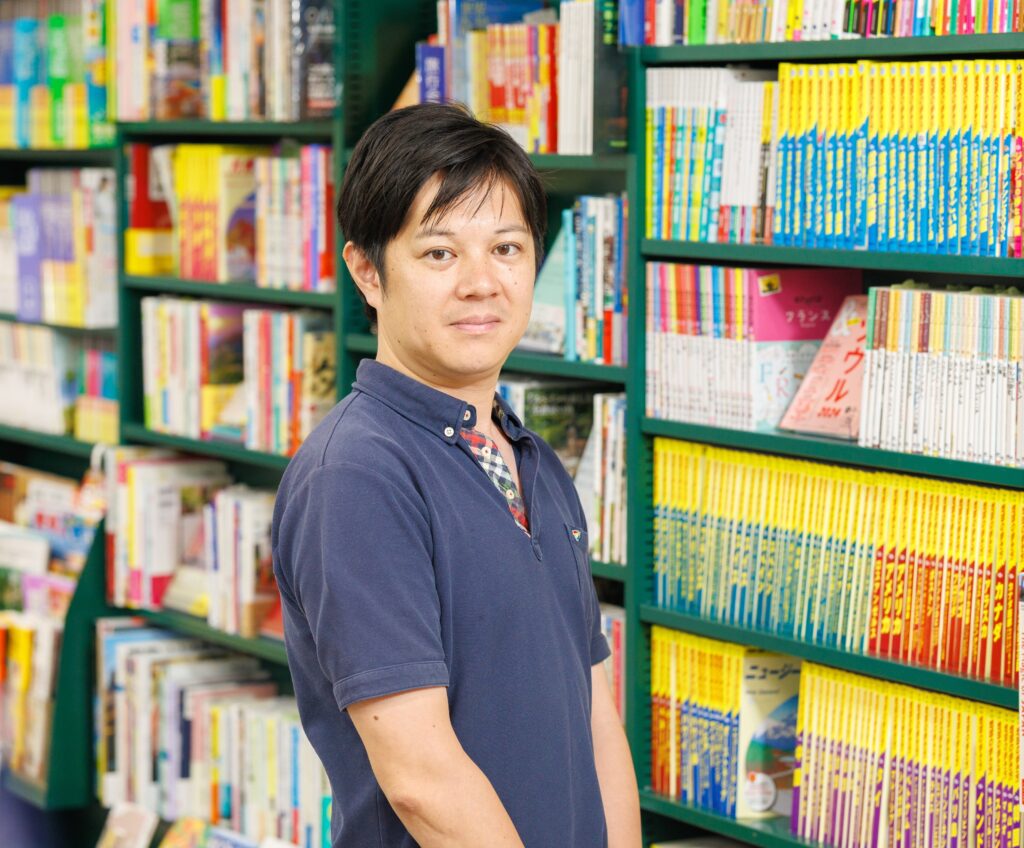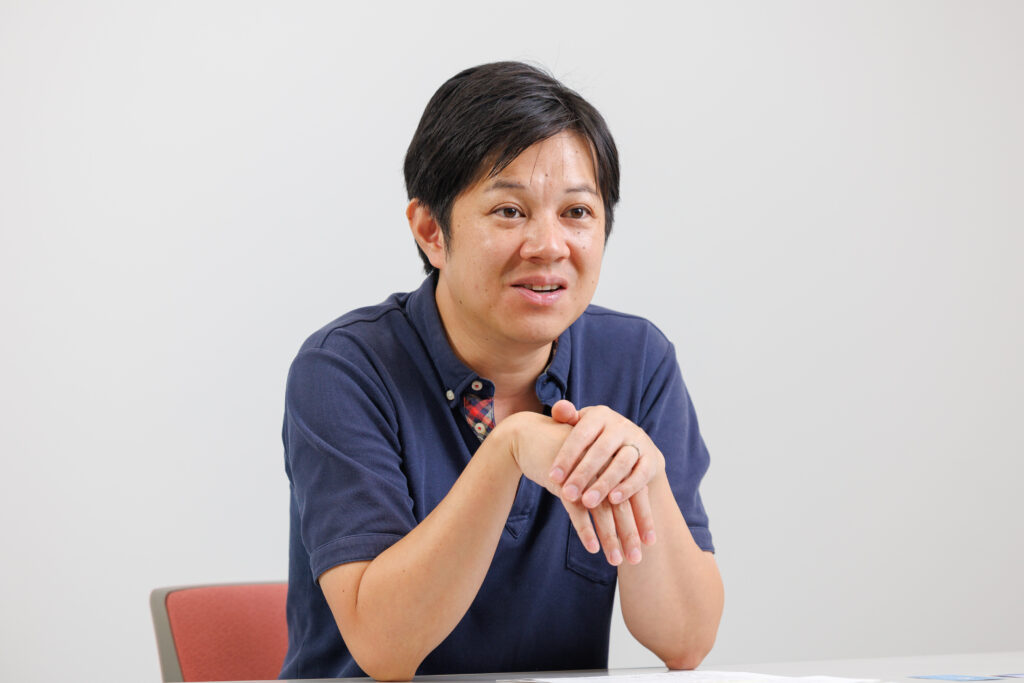
Associate Professor Yuki Higuchi from the Faculty of Economics researches the methods and achievements of economic development in developing countries from an economic perspective. He talks about the importance of clarifying the effects of economic aid from developed countries, and the appeal of the challenging task of fieldwork.
I specialize in development economics, an area of study that looks at the economies of developing countries. Using mainly primary data and research from fieldwork, I seek answers to questions such as why poor countries are poor, and how they can achieve economic and social development. This field can approach the issue from various perspectives including looking at development economics in combination with education or medical care. In my case, the focus is on industry.
For a developing country to develop and grow, the industry and the businesses of companies at the foundation of the industry need to perform well. I use statistical method to analyze effective policies for achieving good performance, in addition to the effects of economic aid from developed countries.
In my research to date, I have placed particular focus on small and medium enterprises (SME) in Vietnam. Many SMEs in Vietnam are small workshops operated as family businesses. These tend to lack proper ledgers, have poor inventory management, and in some cases, suffer from blatantly inefficient practices, such as wearing sandals in hazardous work environments.
Workshops that attended training saw higher profits after two years

We hypothesized that Japan’s kaizen activities—which are known to improve work efficiency and safety—would be effective for Vietnam’s family-run workshops. For our investigation, we split subjects into two groups and measured the effects. One group contained approximately 200 businesses that received free training on kaizen activities, the other group of approximately 100 businesses did not receive any training.
The results of the investigation revealed that business in the group that received training organized their workshops and warehouses, saw an improvement in work efficiency, and reduced waste such as overproduction. The follow-up survey conducted two years later showed that those businesses who had received training had clearly improved in business performance compared to the other group.
The effects of such economic aid cannot be properly analyzed simply by looking at companies that received assistance. That is because even if performance improves after aid, the impact of other factors such as the economy and national industry policies cannot be ignored.
In addition, a lot of public funds are put into economic aid. In terms of accountability to those who provided such aid, it is important to evaluate the effects as accurately as possible. I am currently working jointly with Japan International Cooperation Agency (JICA) to verify the effects of projects that provide aid to developing countries, and I feel there is meaning from the point of accountability to taxpayers.
Embarking on similar research in Tanzania and South Africa
There are also many difficulties in research. Perseverance is needed to collect data on the ground, starting with asking owners to let us enter their workshops and asking them to show us their ledgers after building up relationships of trust.
However, if such research goes according to the hypothesis, it can also bring joy to owners with significant benefits to businesses. It is directly linked to social contribution. Developing countries are also places with a lot of energy, and it is interesting to see the changes on each visit. These are also some of the appeals of my research.
Currently, the similar research that was conducted in Vietnam is also being carried out in Tanzania and South Africa. I hope to further expand this research to other developing countries in the future.
If we spread the effects of kaizen activities—which originated in Japan—to many different countries, developing countries are likely to have a more accurate evaluation and impression of Japan. I expect that this will close the distance between us and positively affect the friendly ties between countries.
The book I recommend
“Shin’ya Tokkyu 1: Hong Kong and Macao”(Midnight Express 1: Hong Kong and Macao)
by Kotaro Sawaki, Shinchobunko

After reading this book during my first year in university, I was inspired and became a backpacker. Each time the university had a long vacation, I went overseas alone, visiting places such as Thailand, China, Vietnam, and the Middle East. This led to an interest in developing countries and ties in with my work in development economics.
-
Yuki Higuchi
- Associate Professor
Department of Economics
Faculty of Economics
- Associate Professor
-
Graduated from the Faculty of Letters, Kyoto University and received his Ph.D. in Development Economics from the National Graduate Institute for Policy Studies (GRIPS). Took on the appointments of assistant professor and associate professor at the Faculty of Economics, Nagoya City University before assuming his current position in 2020. Specializes in development economics.
- Department of Economics
Interviewed: August 2023